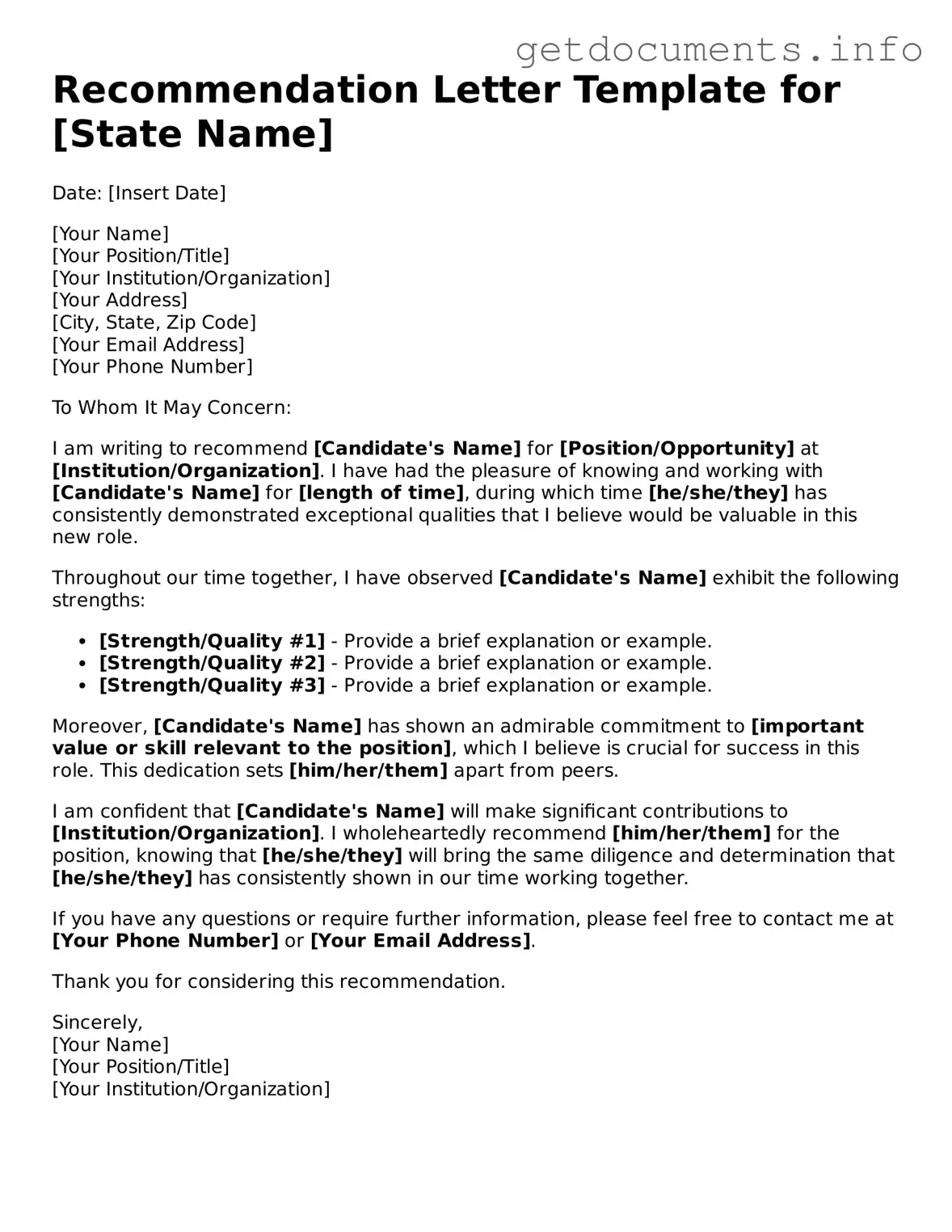When it comes to recommendation letters, several misconceptions can lead to confusion for both the writers and the recipients. Understanding these misconceptions can help clarify the process and ensure that recommendation letters serve their intended purpose effectively.
- Misconception 1: Recommendation letters are only necessary for college applications.
While many students associate recommendation letters primarily with college admissions, they are also important for job applications, scholarships, internships, and graduate school programs.
- Misconception 2: Any teacher or employer can write a good recommendation letter.
Not all individuals are equipped to provide strong recommendations. A good letter should come from someone who knows the candidate well and can speak to their specific strengths and experiences.
- Misconception 3: Recommendation letters should only focus on academic performance.
While academic achievements are important, a well-rounded recommendation also highlights personal qualities, work ethic, and interpersonal skills, which are equally valuable in many contexts.
- Misconception 4: The more general the letter, the better.
Generic letters lack impact. Specific anecdotes and detailed observations make a recommendation more compelling and provide a clearer picture of the candidate's abilities.
- Misconception 5: Writers should only focus on positive traits.
While it is essential to emphasize strengths, acknowledging areas for growth can add credibility. A balanced perspective can make the letter more authentic.
- Misconception 6: The length of the letter determines its quality.
Quality is far more important than quantity. A concise, well-written letter can be more effective than a lengthy one filled with unnecessary details.
- Misconception 7: Candidates should not communicate with their recommenders.
Open communication is beneficial. Candidates can provide context, share their goals, and even suggest specific points they would like the writer to address, which can enhance the letter's relevance.
- Misconception 8: Recommendation letters are not important in the digital age.
Despite the prevalence of online applications and digital portfolios, recommendation letters remain a crucial component of many application processes, providing a personal touch that resumes and transcripts cannot.

